Creativity
Fiction, Poetry, Creative Nonfiction, and more
Fiction by Labiba Alam: ‘Nandita’s arrival in our lives was similar to a new season dawning upon the hills. It was a slow, effortless glide, almost organic. It looks as if it had always been there, only we had begun to feel its newness by degrees.’
Poetry by Sukrita Paul Kumar: ‘the golden sheen on the pines / beckons the waves of the grey ocean / and the silver arrows dart forth in unison’
Poems by Abhilipsa Sahoo: ‘Once, I was a little bird slowly blooming out of the warm embrace of the nest to learn the taste of first flight, believing that distance was proof of growth. Now I’m just plainly tired of being the burnt-out lamp on my parents’ windowsill’
Flash Fiction by Nagireddy R. Sreenath: ‘We don’t talk about the silence between us: the missed birthdays, the calls that went to voicemail, the distance that grew while neither of us looked directly at it.’
Short Story by Biswajit Chatterjee: ‘But this peculiarly-formed lad is an altogether different animal when he is in water. With his unfamiliar yet uncanny ability, he learns to handle the waves, the deadly undercurrents, the movement of the swells, the whirlpools.’
Poems by Arya Gopi: ‘I carry my exile in my pocket— / seventeen reminders that buzz / like electronic prayers / to gods who’ve forgotten / how to synchronize.’
Personal Essay: Who has access to knowledge? Ph.D. scholar Swathi Priya explores how multidisciplinary lenses of caste inclusion, neoliberal market, liberal ideology, mental health imperatives, and literature inform her larger research goals.
Poems by Agni Barathi: ‘What impossible simile / will suffice, my love, / to sing of my real, utter ruin?’
Poetry: ‘Things lying around, still, cautious / Tell-tale signs, of nothing / Butter, a knife and a pen / A diary of poems now lost’
Fiction by Ranu Uniyal: ‘Like old times, they each sit in their own shells. Unable to communicate. Unable to speak. Like old times their eyes still search for each other in familiar spots. Somehow, they never meet.’
Poem by Maansi Sharma: ‘the rabbit on my foot, startled like the river, / coursing through the bed, giggling at our feet. / there is soup and bread and tea and honey for the quiet ache. / we don’t need to eat god for breakfast.’
Poems by Meenakshi Jauhari: ‘It has all been done – she has aged, and arrived, / and, one day, will leave. / Her day passes, and leaves behind no residue. / Her night weaves a starry reality she remembers briefly, for a few / waking moments. Then it too evaporates, leaving no trace.’
Poetry by Kamakshi Lekshmanan: ‘a man influences a knife, sways the auburn twigs. gentle and soft. // the heap of brunet lay aside, / besides a pair of eyes submit – in gratitude.’
Poems by Laila Brahmbhatt: ‘On the city’s edge, where destiny echoes, / hope crawled through cracks. / Even roses in New Delhi / orphan their thorns.’
Poem by Hiranmayi Krishnakumar: ‘There’s a chair by the window / waiting for someone who doesn’t arrive / in this version. / The cushion sinks on its own. / It has good memory foam. / The fan spins like it’s trying to erase the century.’
Poetry by Mary Tina Shamli Pillay: ‘Pressured through the / mist, we are tormented / by the sharp blue sky, / the muffled din of a / wailing child, the crackle / of a hostess, the wrapping / unwrapping of smiles.’
Flash Fiction by Rajan Narayan: ‘And somewhere in this city, perhaps not far from where he stood, lay something that was once human, broken and beaten by the vengeance that still radiated from the piece of wood, now quivering in his tiny hands.’
Poetry by Prashant Pundir: ‘You are who I love, handmaking woolens, handmaking hope, handmaking this life, you who, with your tiny legs, walk to all the medicine stores and dog shelters and government buildings, saying: I REFUSE TO SPEAK A LANGUAGE PIROUETTED IN HATE AND ANGER’
Poetry by Goirick Brahmachari: ‘Love is like the wild lilacs, white / Apple trees over green meadows, / Riverstones I have walked over / For years— splattered, irate, broken.’
Short story by Madhurjya Goswami: ‘You ask yourself a question: How does a fallen airplane look? Does it look like a pigeon squashed to the ground, its neck askew? And the hot, unplastered room answers: well, you’ve got to see it yourself.’
Poetry by Vinita Agrawal: ‘The valley hums every summer— / the murmur of a year’s worth of wounds. // It seems nature remembers / what we’ve have tried to bury.’
Poetry by Devika Mathur: ‘Curtains fall from dawn to dusk. / A river to see her face. / Shining clouds bring flowers to her. / An admirer of nightingales and lanterns.’
Personal Essay by Namrata: ‘Language is meant to bring us closer. To help us say: I see you. I want to understand you. I care enough to learn your words. And when we turn language into a line in the sand and use it to exclude, to shame, to assert dominance, we forget its most sacred purpose: to connect.’
‘However, the happiness was short lived. Soon there was a knock on the door and all hope of love was lost for them. Ayush’s family had informed the police that their son had gone missing for a few hours, and they suspected he had been kidnapped by militants.’ By Arshi Javaid
Short story by Parthosarothy Mukherji: ‘“This is not a Miss Bum Bum contest,” Ash declared to his reluctant collaborators. “This is dignity through exposure. Democracy through anonymity. Art for the masses—by displaying their asses.”’
Poetry by Paromita Patranobish: ‘A comet catches fire, she knows / It is her plexus exhaling / The ghost of trauma, / This is the closest she will / Come to maternity’
Creative Nonfiction by Shivangi Mishra: ‘The street neatly divides the forest landscape into two almost symmetrical halves, but would the creatures of the wild adhere to road etiquette? In the human world, boundaries bespeak identity, and boundaries help masquerade.’
Short Story by Soham Guha: ‘She will not know the scent of freshly sown grass, the fragrance of blooming flowers, the sound of breaking waves, the songs of birds, the hymns of cicadas, the taste of ripening mangoes, the warmth of the earth. She will never know her home like me.’
Short story by Aditi Dasgupta: ‘Families didn’t merely eat; they communed with their past. Meals were tapestries woven from memory, where each ingredient carried the weight of ancestors, where every bite was a step into history.’

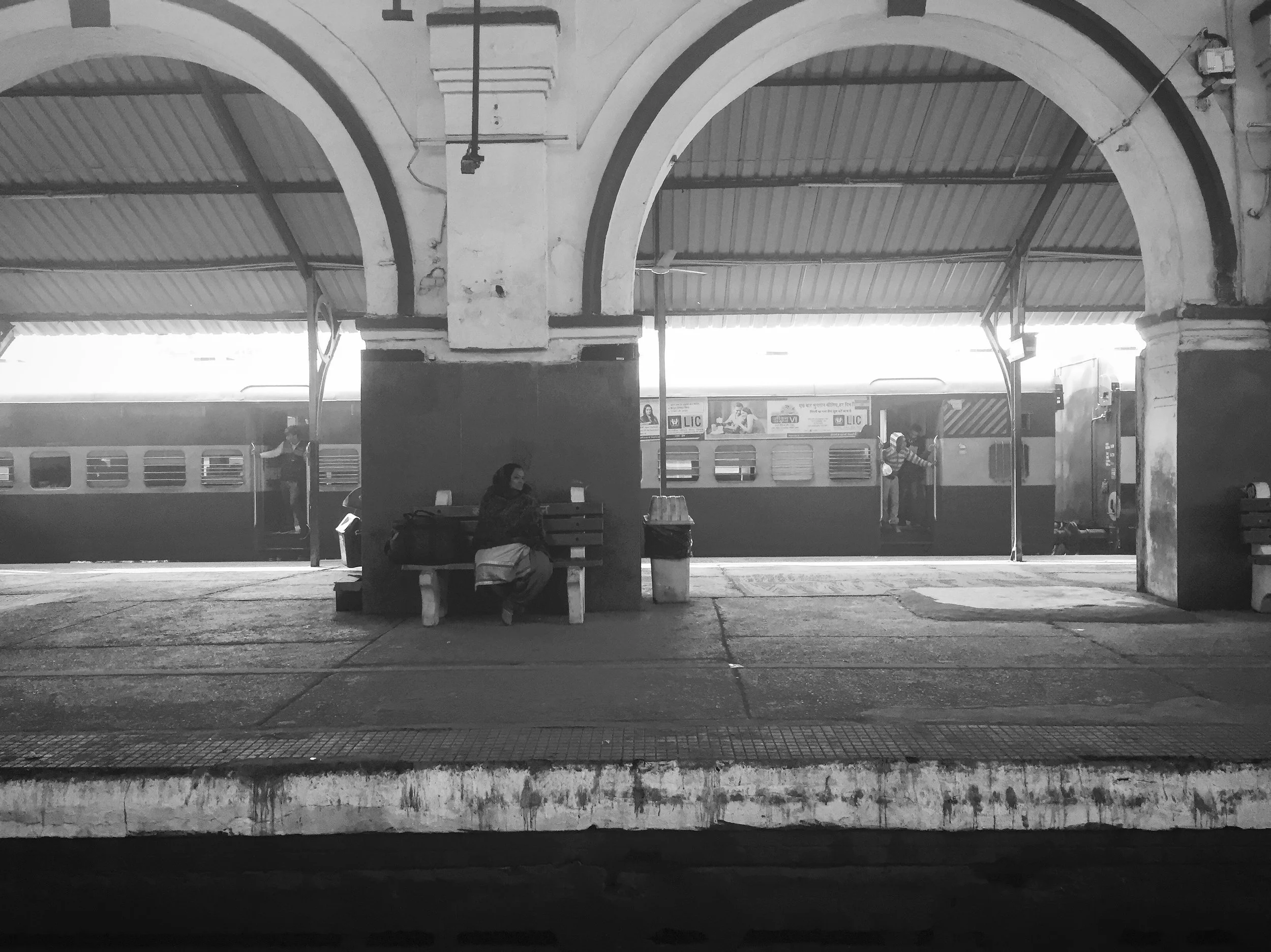
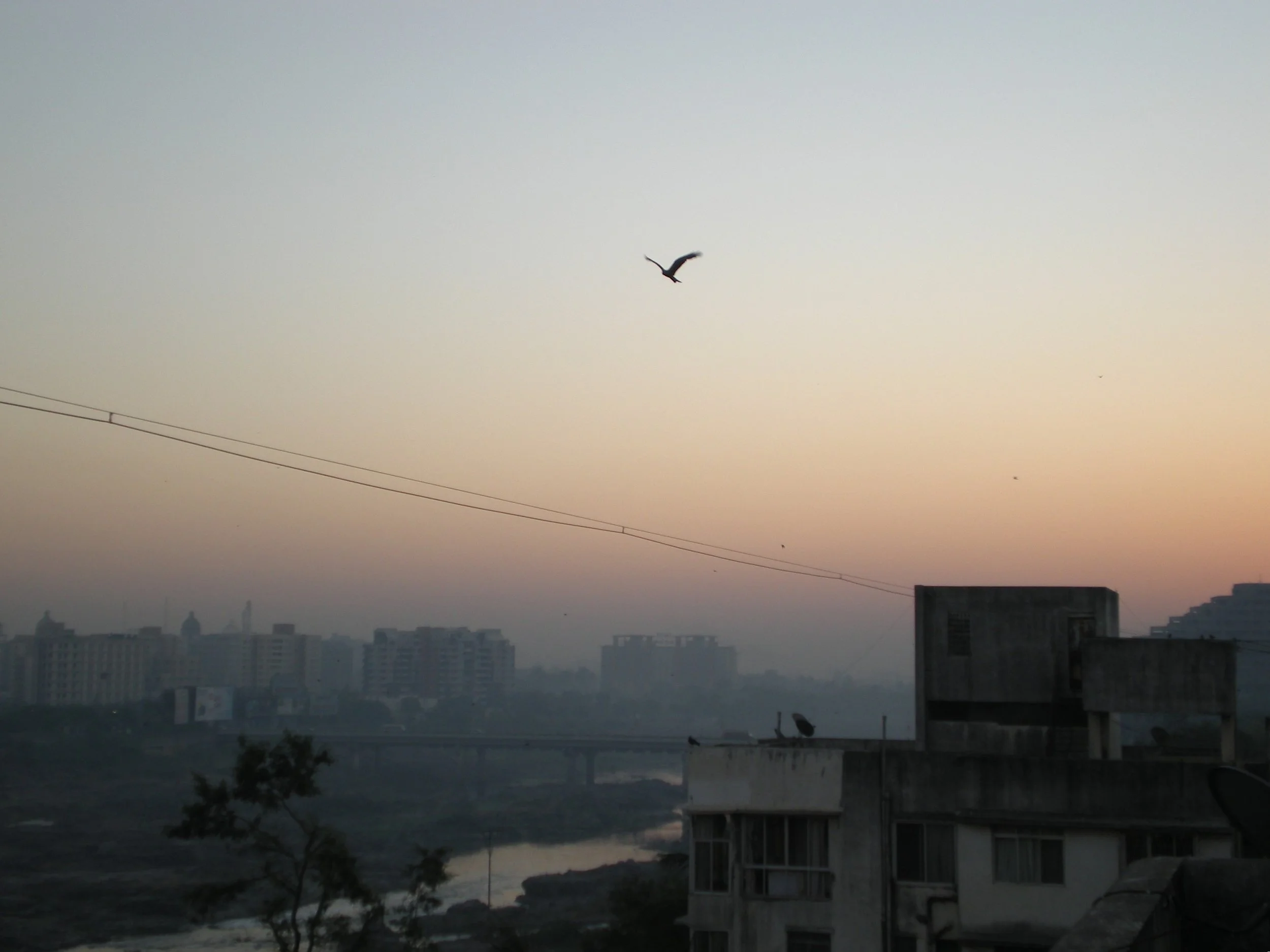
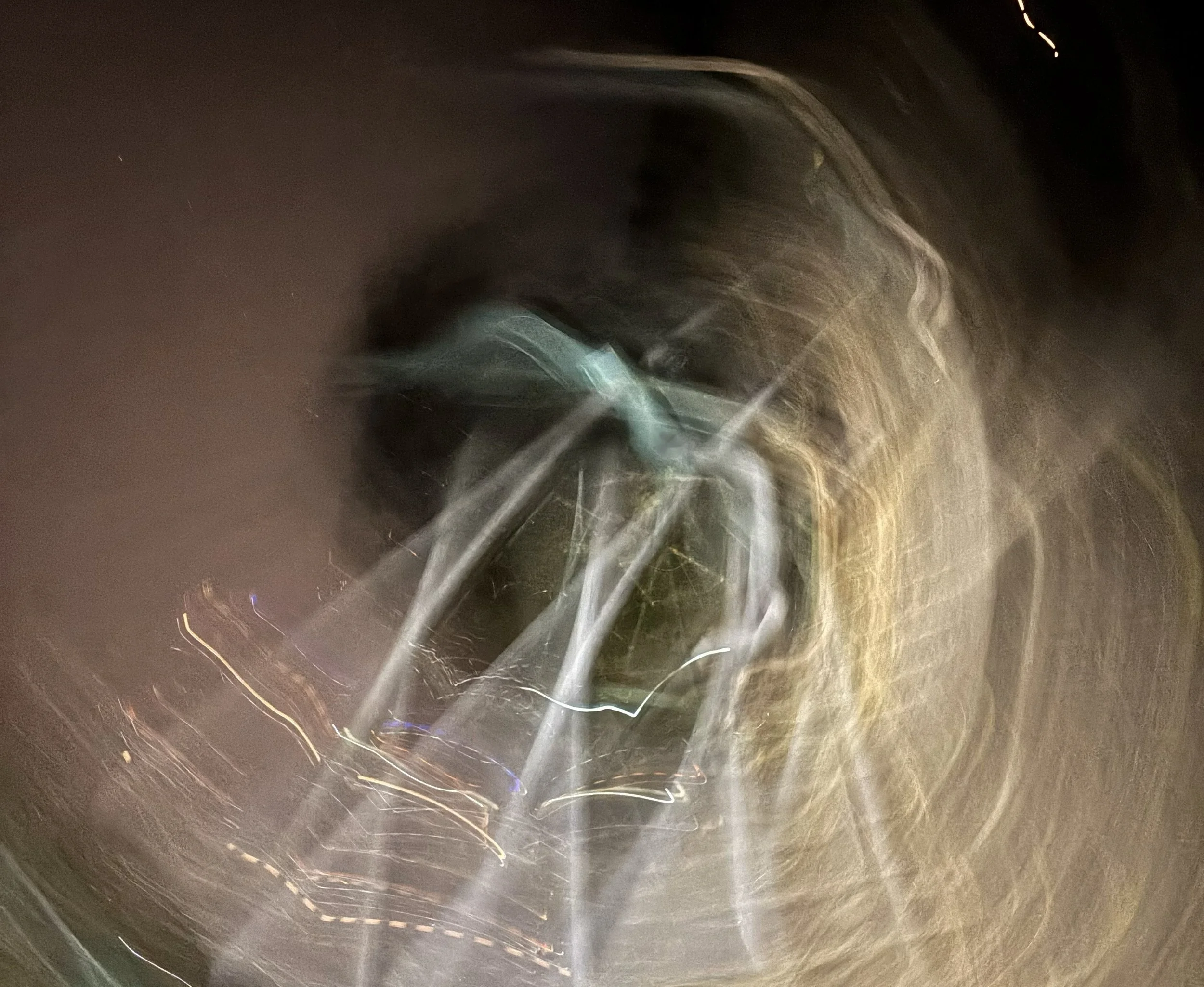

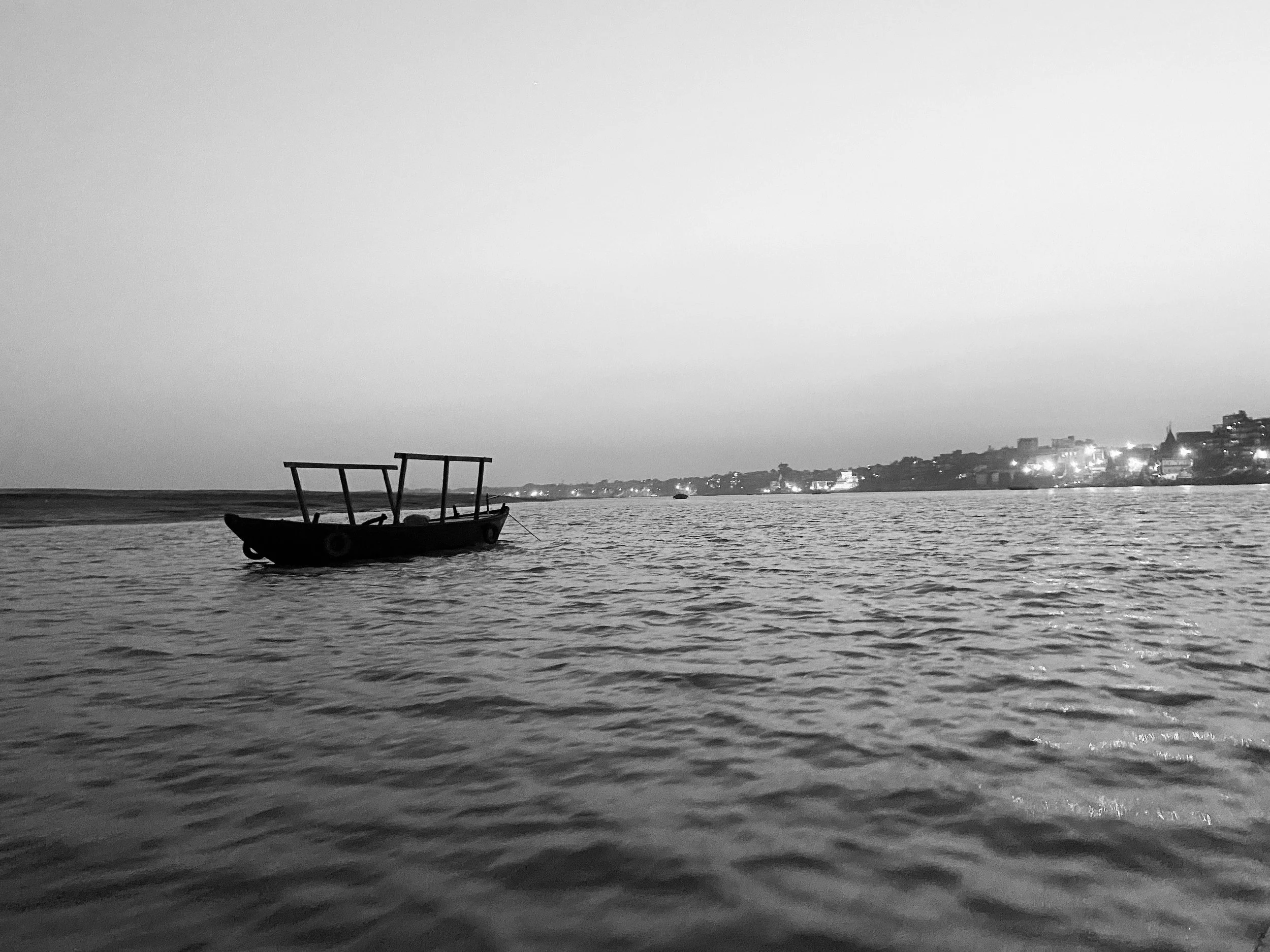

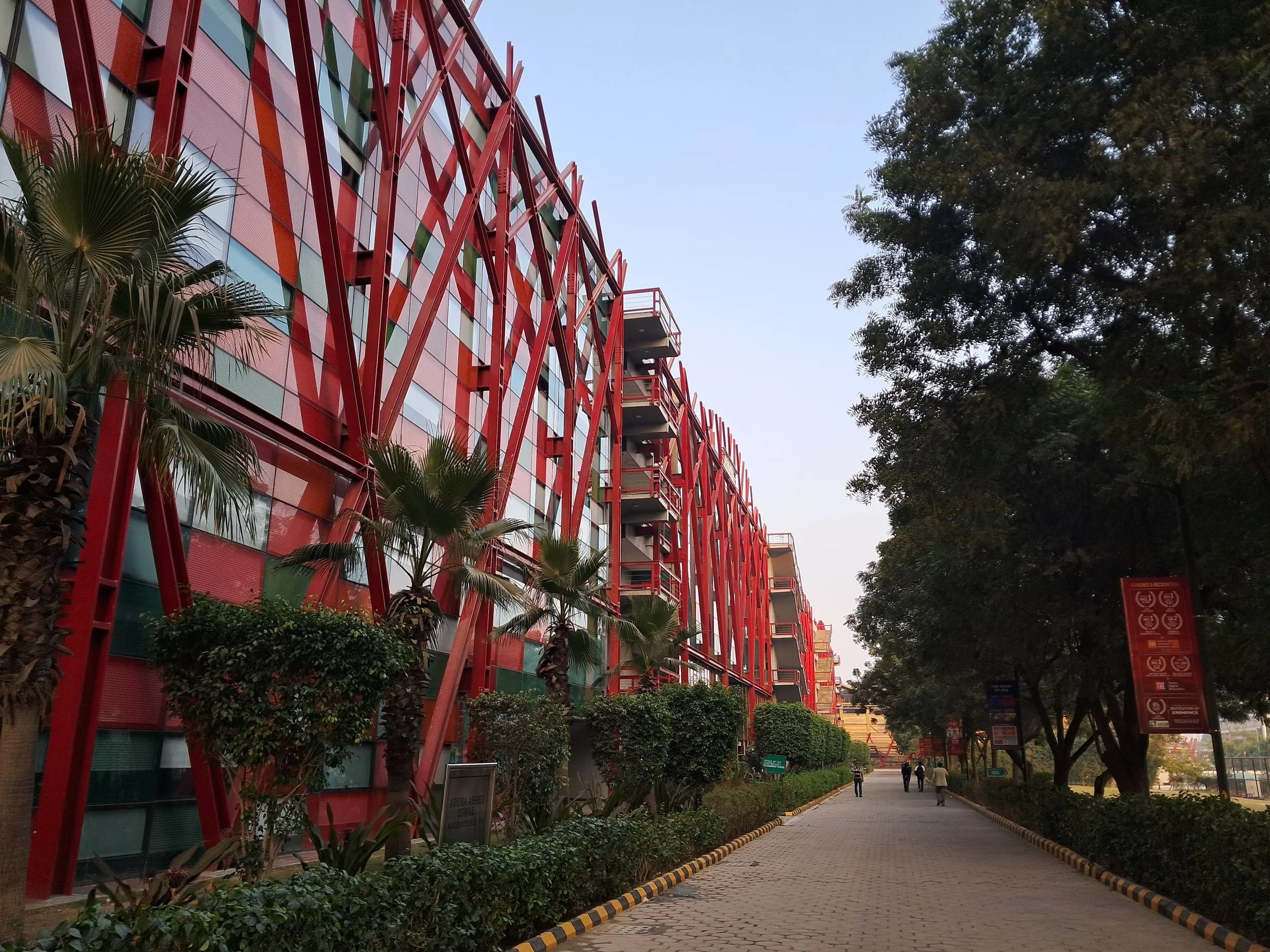
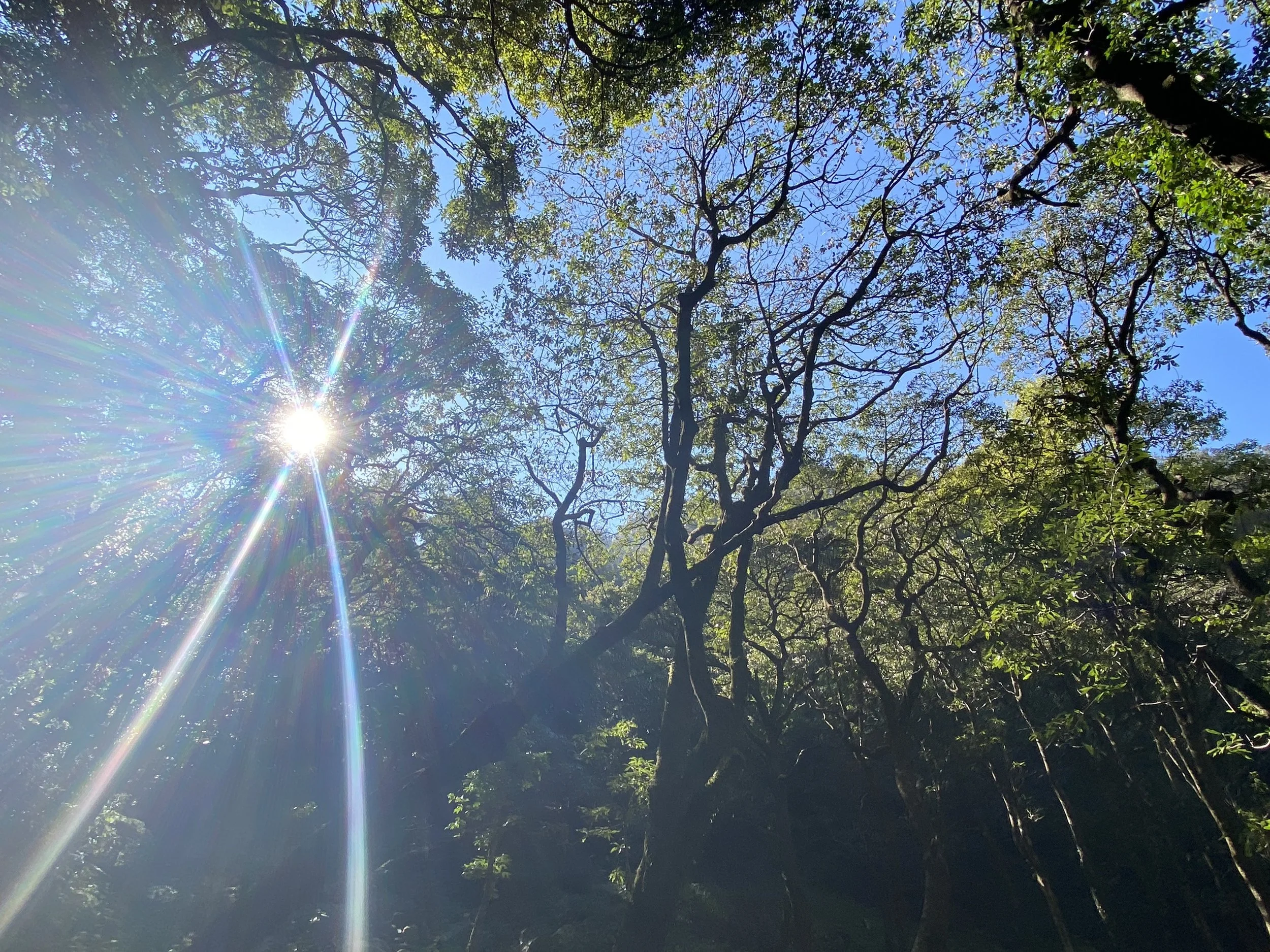





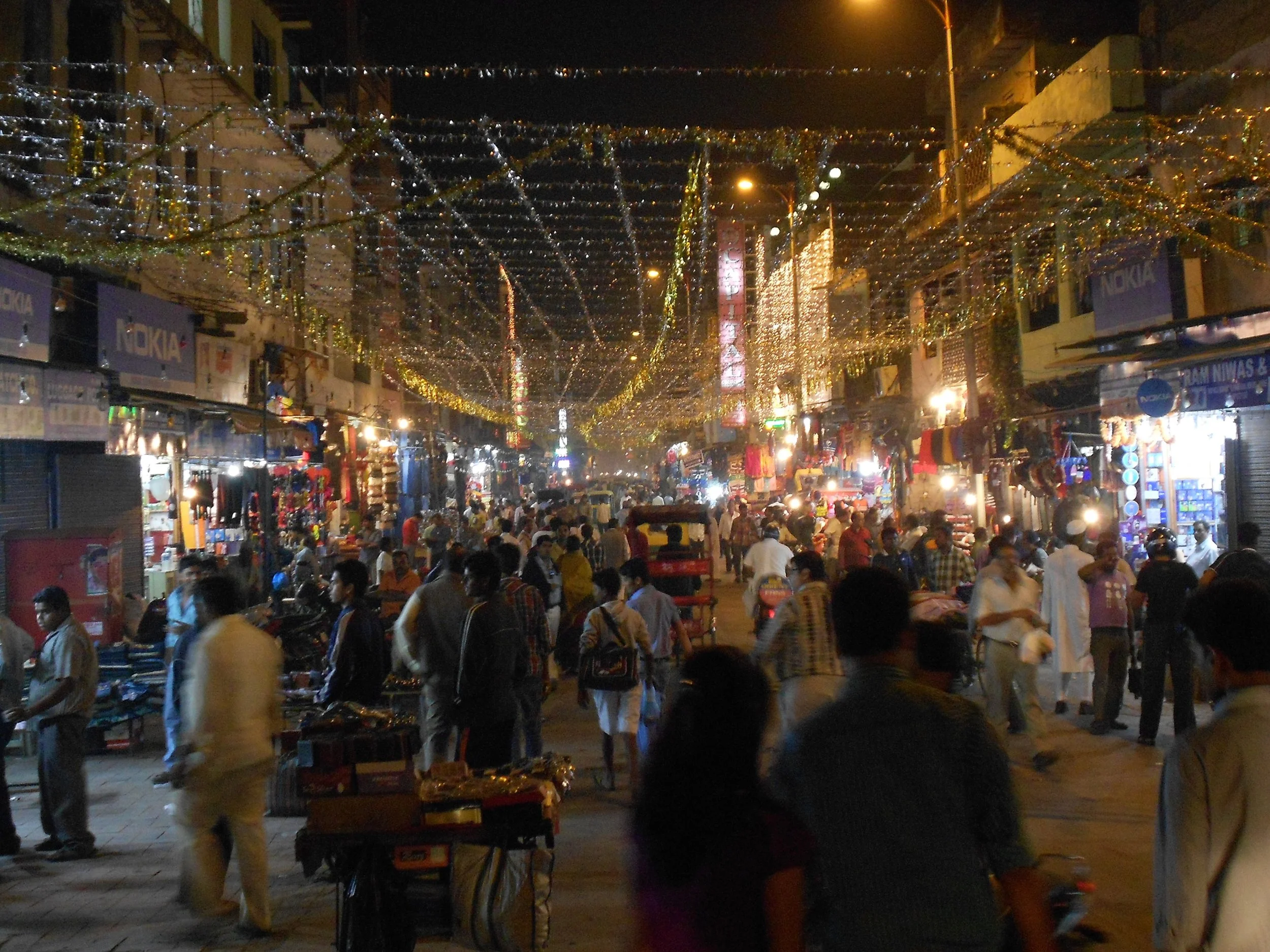

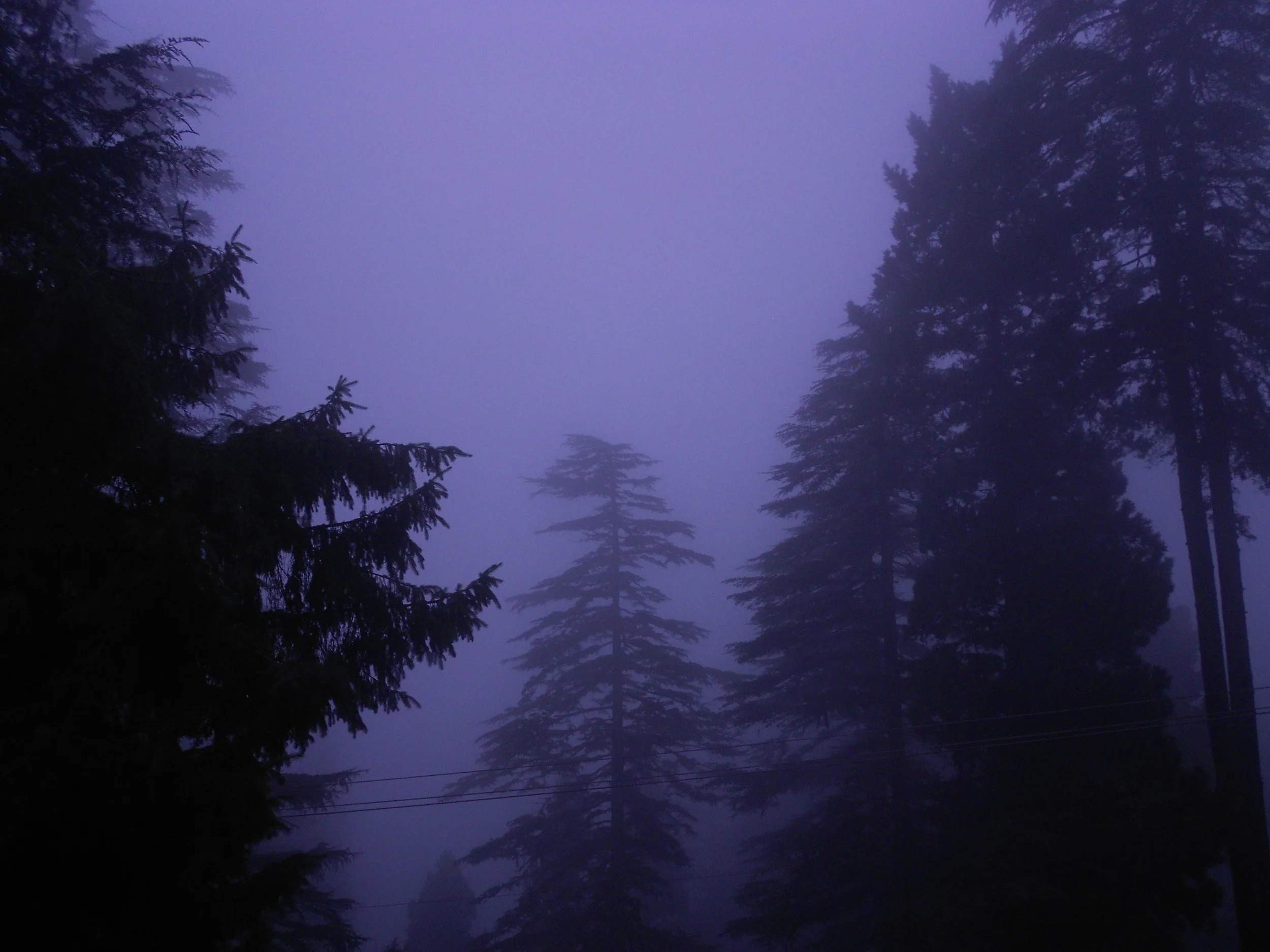

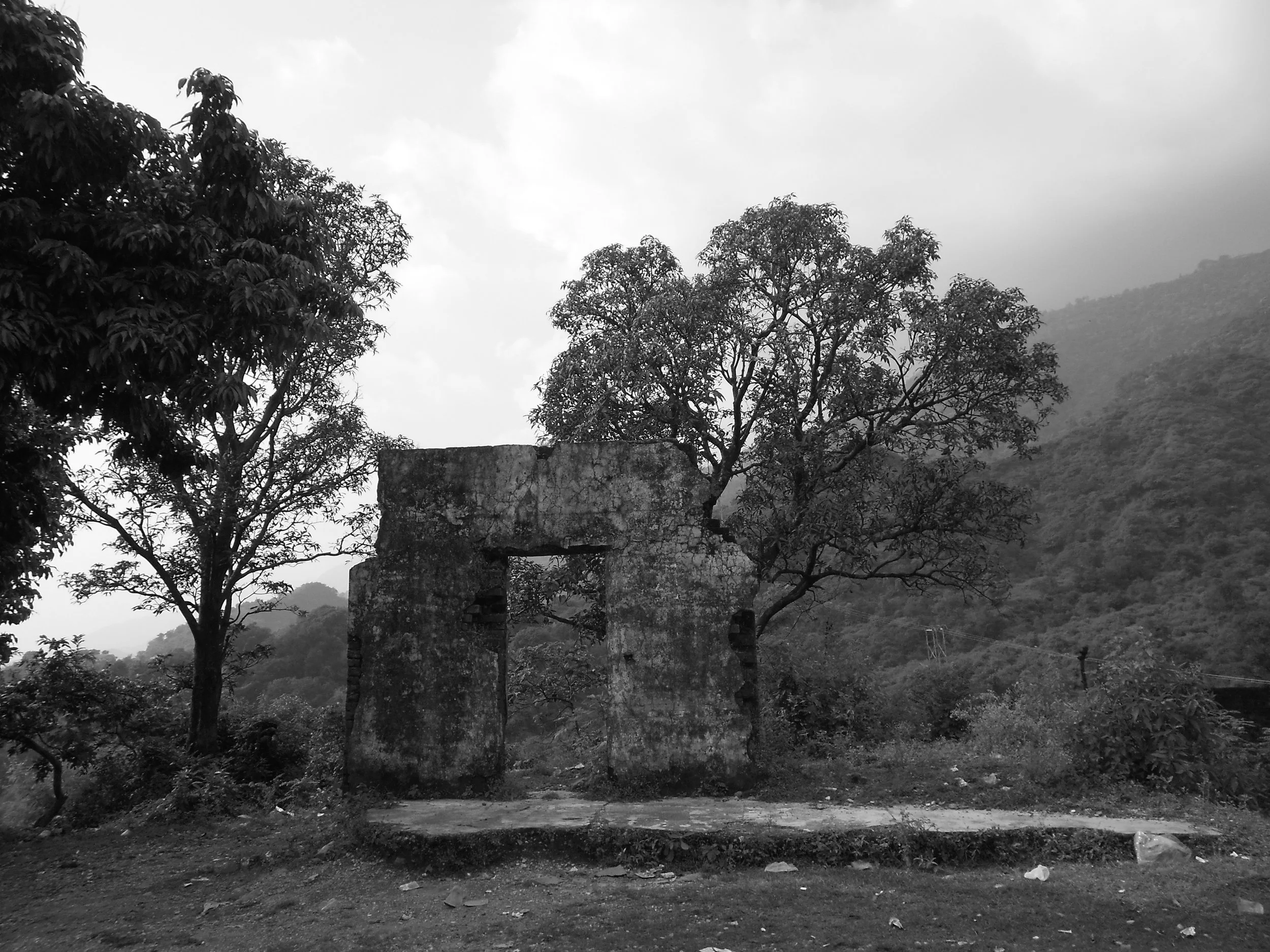




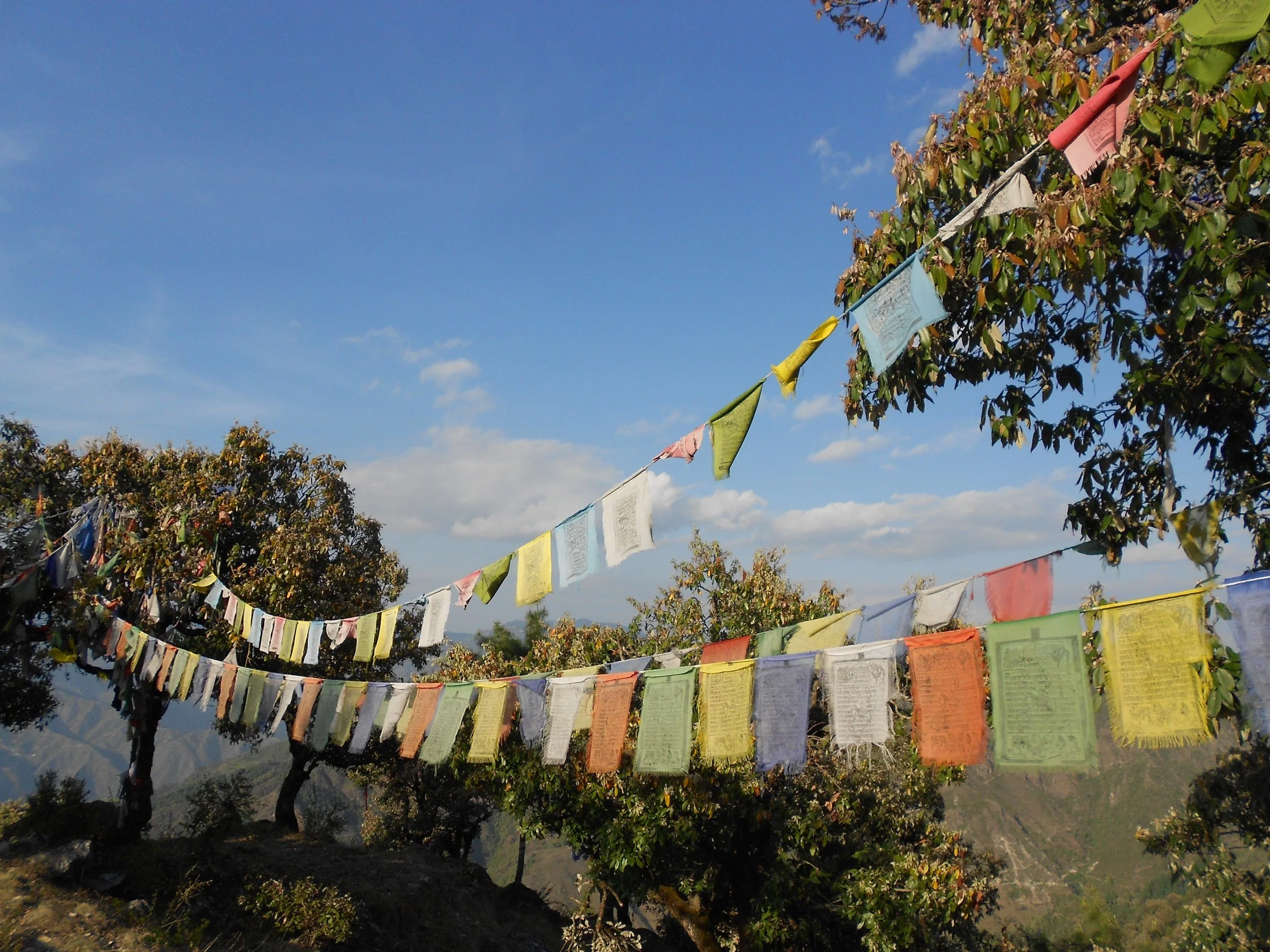




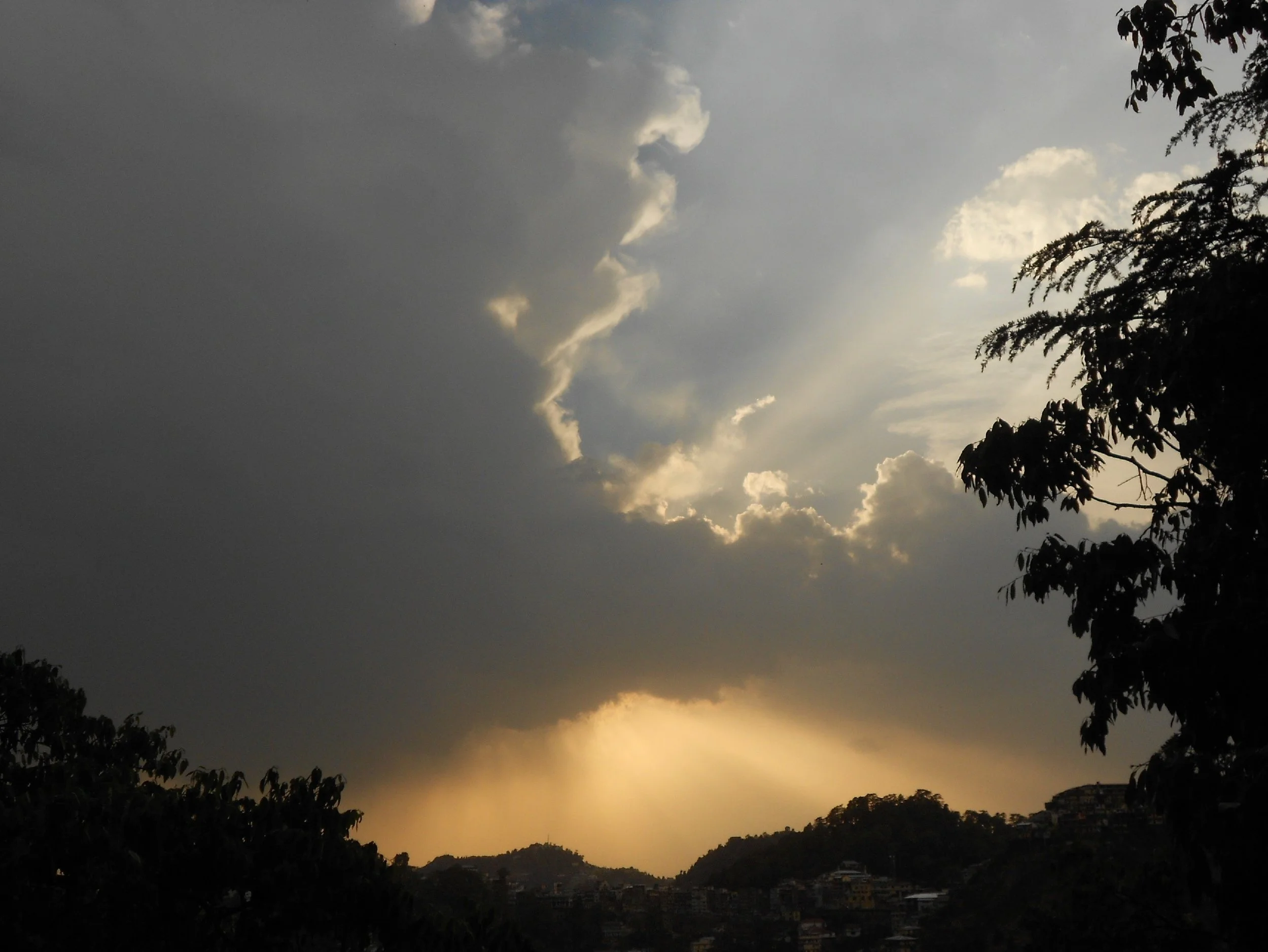

Poems by Saurabh Suman: ‘in the music that declares the arrival of autumn— / the evening breeze caressing / almost dried-up leaves, / trembling as they cling to the stem’